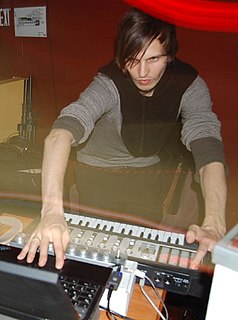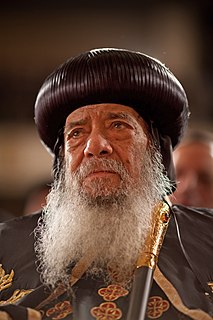A Quote by Gustav Mahler
A true personality . . . is like a robust organism that, with unconscious sureness, seeks out and digests the nourishment appropriate to it and vigorously rejects that which is unsuitable.
Quote Topics
Related Quotes
No organism can afford to be conscious of matters with which it could deal at unconscious levels. Broadly, we can afford to sink those sorts of knowledge which continue to be true regardless of changes in the environment, but we must maintain in an accessible place all those controls of behavior which must be modified for every instance. The economics of the system, in fact, pushes organisms toward sinking into the unconscious those generalities of relationship which remain permanently true and toward keeping within the conscious the pragmatic of particular instances.
I like the process of giving control away [at the recording]. When you give it up to people, it's another intelligent organism that digests your information completely differently from how a machine digests information. It's like you're on a sailboat, and every time you can find out how to better adjust [the sail] to make it more precise. And it's interesting to see that the musicians have their own ideas. To use their intuitive power with their knowledge that they incorporate into the music. This is the moment you give away control, you give it to someone else's intuition.
The relationship between government and art must necessarily be a delicate one. It would not be appropriate for the government to try to define what is good or what is true or what is beautiful. But government can provide nourishment to the ground within which these ideas spring forth from the seeds of inspiration within the human mind.
For the past thirty years or so, much American poetry has been marked by an earnestness that rejects the comic. This has nothing to do with seriousness. The comic can be very serious. The trouble with the earnest is that it seeks to be commended. It seeks to be praised for its intention more than for what it is saying.
In the Lord's discourse on spiritual nourishment, we hear Him says: "Do not labor for the food which perishes, but for the food which endures to everlasting life." (John 6:27). He then continued by talking about the true bread from Heaven the bread of God, and the bread of life. (John 6:32-35). Here He appeals to the soul for its nourishment and our thoughts to the spiritual way so as not to occupy our minds with the body and its needs.






































